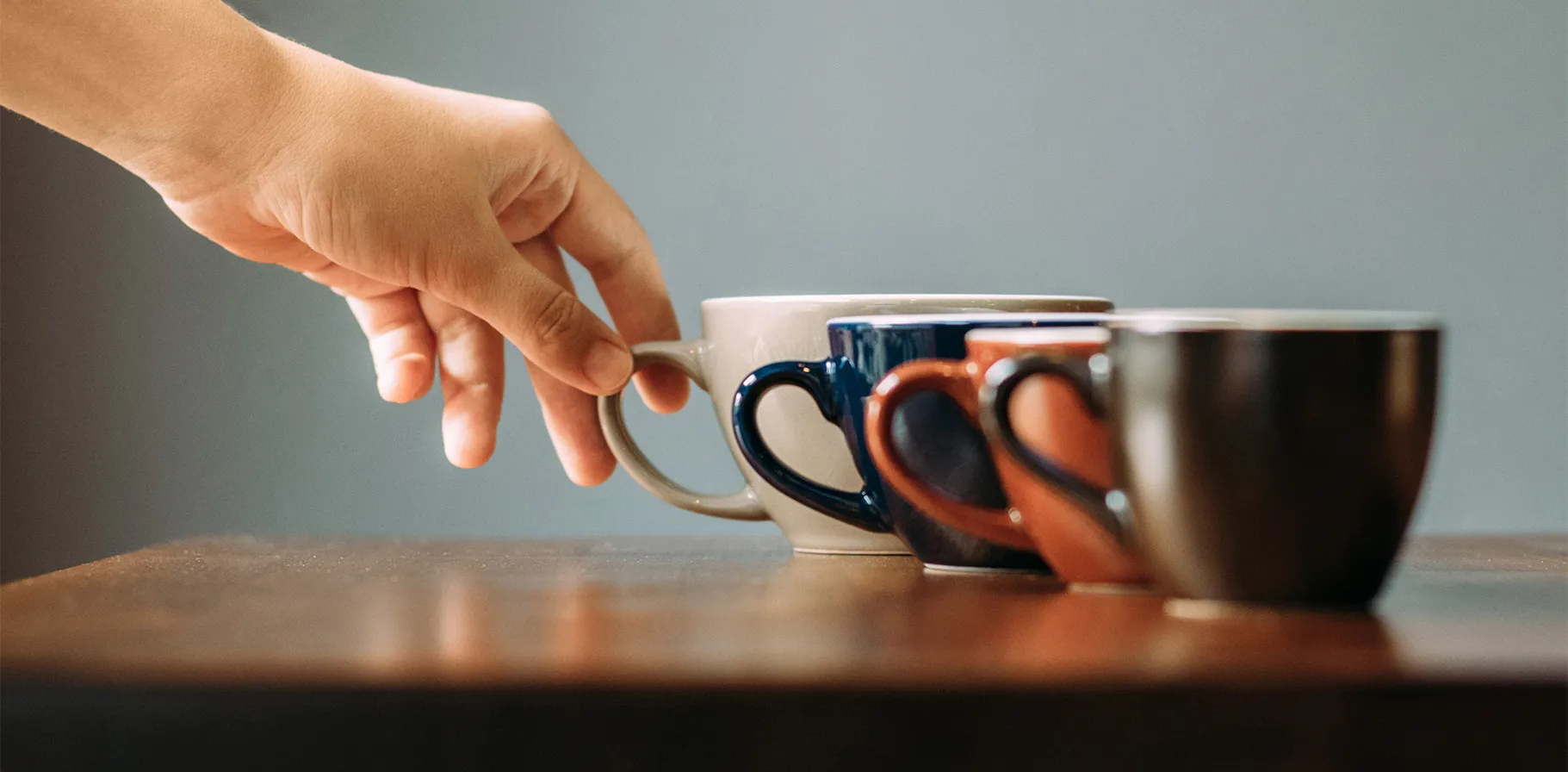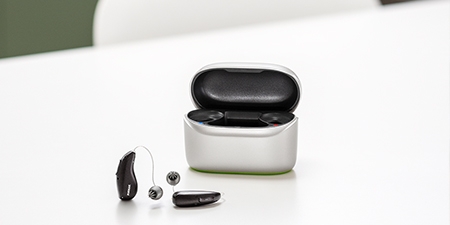If You Have Tinnitus Try Avoiding These 10 Things

If You Have Tinnitus Try Avoiding These 10 Things
5 min
Published January 15, 2025
Living with tinnitus can feel like carrying around an unwelcome guest that just won’t leave. It’s that ringing, buzzing, or humming in your ears that seems to have a mind of its own. While there’s no one-size-fits-all cure for tinnitus, understanding what worsens it can offer a sense of control and relief. That’s why knowing the dos and don’ts to follow when you have tinnitus — especially the “don’ts” — can become a game-changer in managing your symptoms.
From certain foods and drinks to lifestyle habits, uncovering what to avoid can be your first step toward quieter days. Ready to find out how you can turn down the volume on tinnitus? Read on to learn about the ten things you might want to steer clear of for better ear and hearing health.
1. Jaw Issues
Surprisingly, the health of your jaw plays a significant role in the intensity and presence of tinnitus. Tinnitus and jaw problems like TMJ disorders share a closer link than most realize. If you’re having pain in your jaw, you should already be in touch with your doctor, particularly if you also have tinnitus. The nerves in your jaw are intricately connected to your hearing system, meaning issues can amplify tinnitus symptoms. Regular check-ups can keep jaw issues at bay and possibly reduce the annoyance of tinnitus. It’s vital to address any discomfort or irregularities with your jaw early on, as this could improve your overall oral health and may also contribute to diminishing the pervasive sounds of tinnitus.
2. Prolonged Exposure to Loud Noise
Loud noises can directly threaten your hearing health, especially for those living with tinnitus. It might seem obvious, but exposure to loud noises is a significant contributor to tinnitus flare-ups. Wearing ear protection in noisy environments or lowering the volume of your headphones can protect your ears and help maintain your current level of tinnitus. Whether it’s a bustling city street, a live concert, or even your own home entertainment system, taking proactive steps to minimize your exposure can help in managing the intensity of your symptoms. Your hearing health is in your hands, and safeguarding it begins with everyday choices.
3. Infections
Sinus and ear infections can exacerbate tinnitus symptoms, making it essential to prevent them. Simple habits like regular handwashing, avoiding close contact with those who are ill, and keeping your vaccinations up to date can significantly reduce your risk. If you’re prone to allergies, managing them proactively can also prevent sinus infections that potentially worsen tinnitus. Staying clear of infections supports overall ear health and can help keep tinnitus symptoms from intensifying. It’s all about taking those preventative steps to ensure your auditory system remains as healthy as possible.
4. Excess Earwax
A buildup of earwax can block sounds from properly reaching your inner ear, which may increase your perception of tinnitus. It’s a lesser-known trigger that often goes overlooked. While earwax is a natural defense mechanism, excessive accumulation can be counterproductive, especially for those with tinnitus. Safely cleaning your ears and seeking professional help for earwax removal can help keep tinnitus levels steady.
Avoid using cotton swabs or inserting anything into your ear canal, as this can push wax further in or cause damage. Your doctor can help you get rid of some of the buildup and provide prevention tips to make sure it doesn’t accumulate to an unsafe level again.
5. Unsafe Blood Pressure Levels
High or inconsistent blood pressure can worsen tinnitus symptoms, emphasizing the need for monitoring and control. When your blood pressure spikes, it can increase blood flow in the ears, potentially heightening the perception of ringing or buzzing. Adopting a lifestyle that includes a balanced diet, regular exercise, and stress management techniques can naturally help regulate blood pressure. Regular check-ins with your healthcare provider will help keep blood pressure levels safe and tinnitus at a minimum. These health-conscious decisions can significantly contribute to your hearing wellness and comfort.
6. Alcohol
While a small glass of wine might benefit heart health, the relationship between alcohol and tinnitus is less favorable. Excessive drinking can heighten the perception of ringing in the ears. This reality prompts a crucial question for those affected by tinnitus: does alcohol make tinnitus worse? Indeed, it can. The link between alcohol and tinnitus is significant, with increased blood pressure making symptoms more pronounced for many individuals. It’s a stark reminder that moderation is key for those navigating the complexities of managing tinnitus.
7. Smoking
Smoking elevates blood pressure and constricts ear blood vessels, which can intensify your tinnitus symptoms. This habit can aggravate the ringing, making it louder and more persistent. Cutting back or quitting smoking could help mitigate these effects.
8. Poor Sleeping Habits
A lack of quality rest may increase stress levels and indirectly worsen tinnitus symptoms. Establishing a calming, consistent bedtime routine can help you get better sleep and, consequently, ease the irritation of tinnitus.
9. Specific Medications
Certain medications, including pain relievers like aspirin, some antibiotics, and cancer drugs, might amplify tinnitus symptoms. These medicines can influence the condition, making it crucial to consult with healthcare professionals before making any changes to your prescribed regimen. Prioritizing a discussion with your doctor ensures a balanced approach to managing both tinnitus and your overall health.
10. Caffeine
Caffeine may play a role in increasing tinnitus symptoms for some individuals. This stimulant, found in coffee, tea, and many soft drinks, can occasionally amplify the ringing in your ears. Monitoring and reducing your caffeine consumption could lead to a noticeable decrease in tinnitus discomfort.
World-Class Tinnitus Treatment
Although there is no cure for tinnitus, you can still take back your life and manage your symptoms. Give these ten recommendations a shot, and you may be pleasantly surprised with the improvements in your tinnitus and your general health. If these don’t help, set up an appointment with one of our hearing care professionals here at AudioNova.




